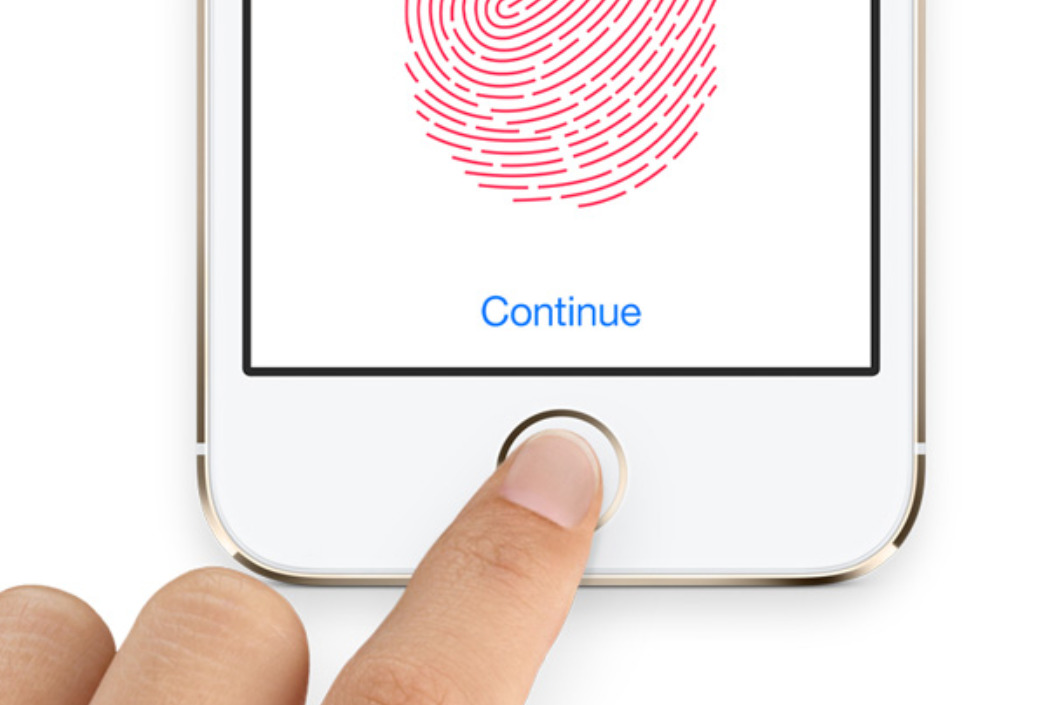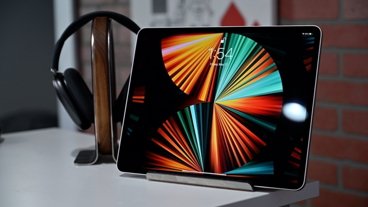Possibly reversing recent trends in law enforcement, a U.S. federal court in Illinois has ruled that warrants can't be used to demand broad fingerprint unlocks for all of the devices in a building, such as Apple iPhones.
Although taking fingerprints doesn't automatically violate Fourth Amendment protections against unreasonable search and seizure, the context in which they're obtained can, magistrate Judge M. David Weisman wrote in his opinion, according to Forbes. Police were asking for access to multiple devices on a property involved in a child pornography investigation.
"In the instant case, the government is seeking the authority to seize any individual at the subject premises and force the application of their fingerprints as directed by government agents," Weisman noted. "Based on the facts presented in the application, the Court does not believe such Fourth Amendment intrusions are justified based on the facts articulated."
The judge noted that the warrant was missing specifics about people living on property, other than the name of one person thought to live there, and was vague about what electronics might be found — saying only that it was "likely that Apple brand devices" were around.
Weisman also differed with past courts in suggesting that using fingerprint systems like Apple's Touch ID can constitute a form of testimony protected by the Fifth Amendment. By unlocking a phone a person is admitting that they've at least used it before, he said, and possibly that they have a connection to it and its contents.
American police forces have previously managed to secure a number of warrants for unlocking fingerprint-protected phones, whether targeting individual devices or whole properties. The matter has been controversial however, in part because courts have said the Fifth Amendment protects people against supplying a numerical passcode.
Even so, there can be ways around passcode locks — the FBI infamously managed to use outside tools to crack the iPhone 5c of San Bernardino shooter Syed Rizwan Farook, despite initially claiming it needed Apple's help. Currently, three press outlets are trying to discover the cost of the tools and their source.
 Roger Fingas
Roger Fingas







-m.jpg)






 Malcolm Owen
Malcolm Owen
 Amber Neely
Amber Neely


 Christine McKee
Christine McKee

 Chip Loder
Chip Loder
 Marko Zivkovic
Marko Zivkovic









27 Comments
Finally, a judge willing to comply with the laws instead of following the recent trend towards the 4th Reich's use of the new SS.
Proof that law enforcement is engaged in an ongoing war against constitutional protections no matter which party is in charge. Remember, demands to crack the iPhone came with the previous administration.
Don't use fingerprints for overall device unlock. Better safe than sorry.